|
I have to admit, compiling my list of year end books was humbling. The truth is, I read a lot of fiction. While some of it I will enthusiastically list here, other titles I choose not to admit! For me, 2021 wasn't a huge year for non-fiction but I did read some mind-scrambling books which I most certainly recommend. This list is a mix of both, each book bringing forth a subject or character(s) rich in complexity. There's also a bit of poetry to add into the mix of prose. These books took my mind to new and interesting places. For that, I'm especially grateful. THE HIDDEN FACE OF EVE By Nawal El Saadawi Nawal El Saadawi passed away recently, and it was by reading her obituary that I first heard of her. I quickly realized that her reach was far and wide, and I was just new to her writing. The Hidden Face of Eve claims to deal with the treatment of women in the Arab world, but it goes far beyond that to deal with power and gender at large. It's not easy to digest but that's because she examines extremely difficult topics. THE SECRET LIFE OF GROCERIES By Benjamin Lorr I would guess that many of you reading this know of Benjamin Lorr. He wrote Hell-Bent which looked into competitive yoga. In this follow-up, he takes the same "all in" approach. He gets to know many in the grocery world, including a trucker and product developer. Brace yourself. It's at times brutal and disgusting, but it's well worth a look into the large and somewhat dysfunctional system that exists to feed us each and everyday. THE BODY PROJECT by Joan Jacobs Brumberg This is a fascinating, and at times heartbreaking book that deals with the history of the female body in areas like media and medicine. While it is geared toward girls in America, it goes far beyond that. It illuminates how policy and promotion shape the understanding of our physical appearance. Furthermore, it illuminates our ways of thinking that have nothing to do with our actual body and much to do with cultural trends. MARY MAGDALENE: MYTH AND METAPHOR By Susan Haskins This is an absolutely fascinating read about Mary Magdalene. It is slow and dense but packed with interesting history. Haskins background is in art history and she uses depictions of Mary Magdalene throughout time, along with early writings and devotional works to explore this historic (and perhaps quite misunderstood) character. THE SPOILS OF PARTITION By Joya Chatterji This book is an academic history of the partition of India following the end of British colonialism. It's not for everyone, but I recommend it to anyone interested in this subject. Chatterji writes in a very approachable way. She dissects the way in which the new land borders were drawn and what that meant for the immense amount of people who suddenly found themselves in a new country. She explains what is considered to be the largest human migration of all time in a clear and incredibly researched way. THE FIRST FREE WOMEN By Matty Weingast This is a lovely book to have around. It does not need to be read page by page, but rather enjoyed poem by poem. This is a translation of Therigatha (Verses of the Elder Nuns). WHEREABOUTS By Jhumpa Lahiri Now for the fiction! I heard an interview with Lahiri on the radio which piqued my interest about this book. The interviewer said something like your book has no plot, nothing happens. She responded saying I wouldn't say it has no plot, a plot is just a series of of things that happen. This made me so curious! Now having read it, I understand both sides. Does it have a plot? I'm not sure. But it was funny, charming and some of the best writing I've read. FIRE KEEPER'S DAUGHTER By Angeline Boulley Both this book and the next one were decades in the making from what I've read. Each author let the story simmer and took the time to shape the characters with such craft that you feel you know them personally. Fire Keeper's Daughter is just so good. The story is set not too far from where I grew up, which is what first drew me to it. However, the book gives you an immediate sense of place both in struggle and community regardless of where you are when reading it. It is labeled as a young adult read, but is definitely for all ages. WHERE THE CRAWDADS SING By Delia Owens
I was so late to the Crawdads craze. All I can say now is better late than never! There is an endless amount that can be said about this book. The writing is amazing and evolves throughout the book as the characters grow. Owens has total mastery over the place, the people and the world she creates. The main character Kya is heartbreakingly lovable. Boss them pirates!
0 Comments
Gosh I love to read! Every book is an opportunity to see the world from a new perspective, to learn something from an expert, or to peer through a window to a different time and place. Here is a short list of books I read this year that had a profound impact on me. They are not new books. In fact, some of them are quite old. But they are all valid, and they meant a lot to me this year. WHEN PROPHECY FAILS by Festinger, Riecken and Schachter This work of social psychology from the 1950s dives into the mentality, actions and beliefs of a UFO cult. But it is so much more than that: an exploration of how our minds react when we may be wrong about something we really believe in. The authors build the case that, even when we are confronted with evidence that we are wrong, we essentially double-down in our beliefs. It is a chilling conclusion — that humans are sometimes immune to changing our minds. As the authors write, "when people are committed to a belief and a course of action, clear disconfirming evidence may simply result in deepened conviction". After reading this book, it is hard not to see this phenomenon all around us in the world today. ETHICS IN THE REAL WORLD by Peter Singer Ethics and morality have become especially important to me this year. Perhaps it is due to the ongoing pandemic and the acute awareness of how my actions can impact others. I stumbled upon this book, which contains 82 short essays about various ethical conundrums — from geopolitics to religious freedom, eating meat to climate change — and thought it would be a good overarching introduction. It is. Singer writes with remarkable clarity about ethical issues of all sorts. And the brevity of the essays means that nothing is belabored. SELFLESS PERSONS by Steven Collins This scholarly dive into the Buddhist concept of non-self is deep, complex and absolutely stunning. The idea that there is no eternal Self can be confounding and frustrating, especially when compared to other systems that insist upon its existence. The importance of non-self is summarized best in Collins's introduction: "this belief in a permanent and a divine soul is the most dangerous and pernicious of all errors, the most deceitful of illusions, that it will inevitably mislead its victim into the deepest pit of sorrow and suffering". SEVEN TYPES OF ATHEISM by John Gray I'm a sucker for an analysis of human spirituality in all its subtlety, diversity and contradiction. Gray's book does not disappoint. He begins by defining an atheist: "anyone with no use for the idea of a divine mind that has fashioned the world...It is simply the absence of the idea of a creator-god". This leaves a lot of room for variation in beliefs about the nature of the universe, creation and human spirituality. Gray systematically explains seven distinct forms of atheism that have been embraced throughout history. A book of remarkable clarity and exposition that illuminates the ways we see ourselves and the world. THE YOGASUTRA OF PATANJALI: A NEW INTRODUCTION TO THE BUDDHIST ROOTS OF THE YOGA SYSTEM by Pradeep P. Gokhale I don't know how many different translations and explanations of the Yoga Sutras I have read. Dozens. Many are confused or confusing, and scholars are increasingly aware of the compiled nature of the text, and how it shows influence from a handful of other systems of thought. Buddhism is among these influences, but deep dives into the Buddhist roots of the Yoga Sutras require a rare combination of expertise. With this new research, Gokhale has provided a huge step forward in our understanding of the philosophical and linguistic roots of the Yoga Sutras. He analyzes works of Abhidharma Buddhism and shows how they explain many aspects of the Yoga Sutras better than traditionally accepted narratives. This is a scholarly work, full of difficult history and terminology, but worth it for anyone with a serious interest in yoga history or the Yoga Sutras in particular. WHY WE SLEEP by Matthew Walker This book was recommended to us by several people over the past few years until it became impossible to ignore. And it was worth it! We even wrote a blog about it. The book begins with the obvious-in-hindsight revelation that sleep is vital. It is not a passive state of nothingness that can be shortened or neglected. Rather, it is a very active state for many systems of the body, especially the brain. Walker explains the structure of sleep and its impact on things like our memory, physical health and even physical coordination. This is a book with practical, everyday implications that can make anyone's life better. THE CHAKRAS by C.W. Leadbeater Earlier this year, as we were doing research for a workshop series on the Yogic Body, we read a handful of books about the chakras from the early 20th century, including this one. Leadbeater was a prominent Theosophist, a highly influential group that shaped modern conceptions of yoga and spirituality. This book from 1927 is remarkable as a vivid capsule of the time. Leadbeater claimed that he could see the chakras, and he painted them beautifully. I find these paintings to be among the most remarkable elements of 20th century yogic history because, aside from being lovely, they show the break-neck speed of change in conceptions of the yogic body. Here, in the 1920s, there were seven chakras associated with parts of anatomy. But they were not yet rainbow in color nor linked with psychological traits as they came to be in the 1970s. HOW JESUS BECAME GOD by Bart D. Ehrman Along with our study of yoga history and the history of religion in general, both Ida and I have been increasingly reading about the history of Christianity. It is fascinating for the same reason as all history — our ideas change rapidly along with the cultural needs of the time. This book by Ehrman explores the early centuries after the death of Jesus, and how the story of Jesus changed, turning him from a preacher or even a prophet into the only son of God himself who rose from the dead. It is full of scriptural quotations and explanations alongside historical analysis. And it is quite readable, which is not something one can often say about a work of scholarship like this. BREATH by James Nestor
I never thought someone could write a compelling story about breathing, something we all do thousands of times each day. But Nestor has crafted a surprisingly interesting narrative around his own research into breathing anatomy, physiology and history. Where it falls short of a scholarly history or a medical anatomy text, it more than makes up with its humor and readability. This is a book that anyone can and should read to have more understanding and appreciation of the most fundamental function of life — breathing. |
AUTHORSScott & Ida are Yoga Acharyas (Masters of Yoga). They are scholars as well as practitioners of yogic postures, breath control and meditation. They are the head teachers of Ghosh Yoga.
POPULAR- The 113 Postures of Ghosh Yoga
- Make the Hamstrings Strong, Not Long - Understanding Chair Posture - Lock the Knee History - It Doesn't Matter If Your Head Is On Your Knee - Bow Pose (Dhanurasana) - 5 Reasons To Backbend - Origins of Standing Bow - The Traditional Yoga In Bikram's Class - What About the Women?! - Through Bishnu's Eyes - Why Teaching Is Not a Personal Practice Categories
All
Archives
May 2024
|

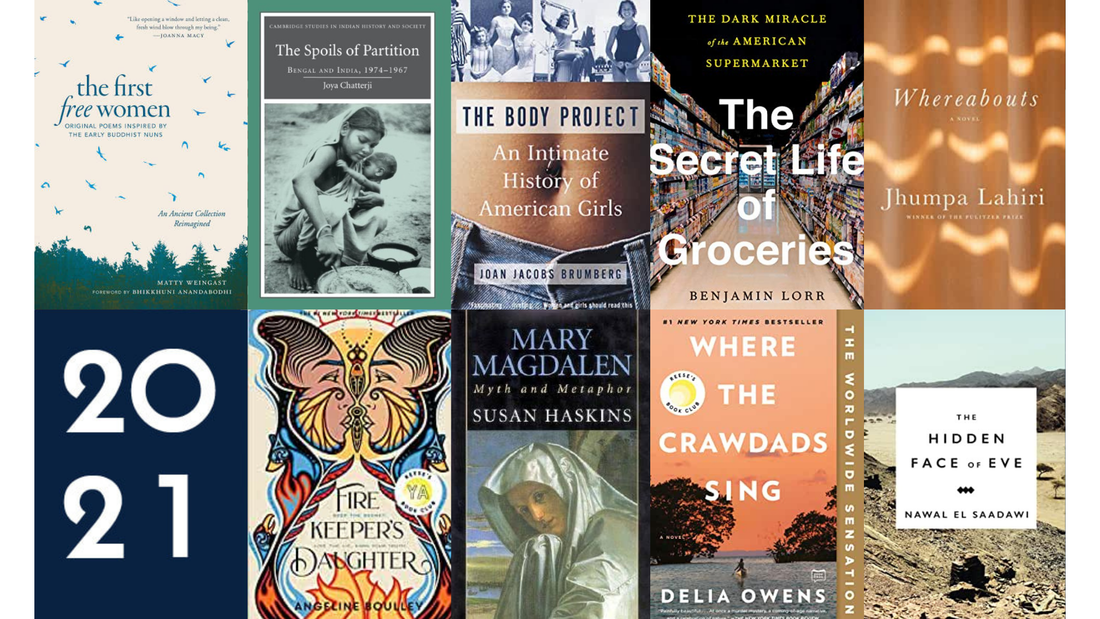
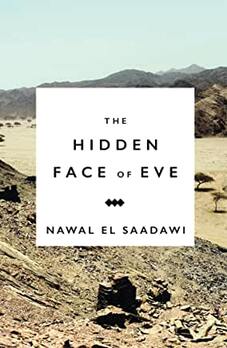
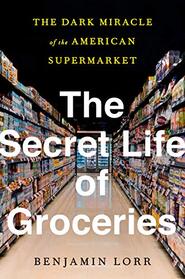
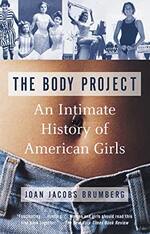
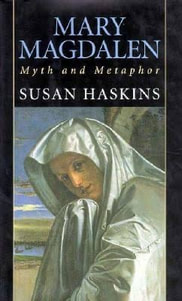
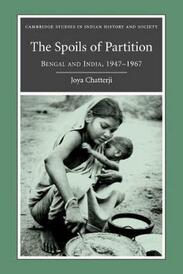
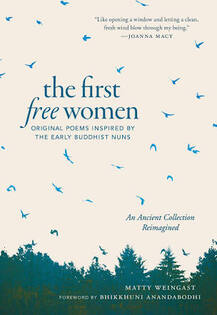
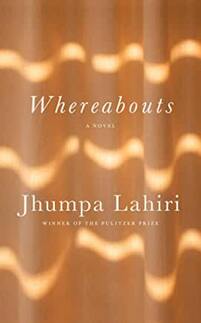
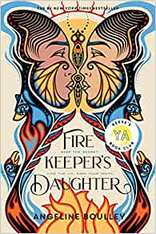
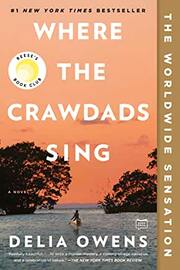
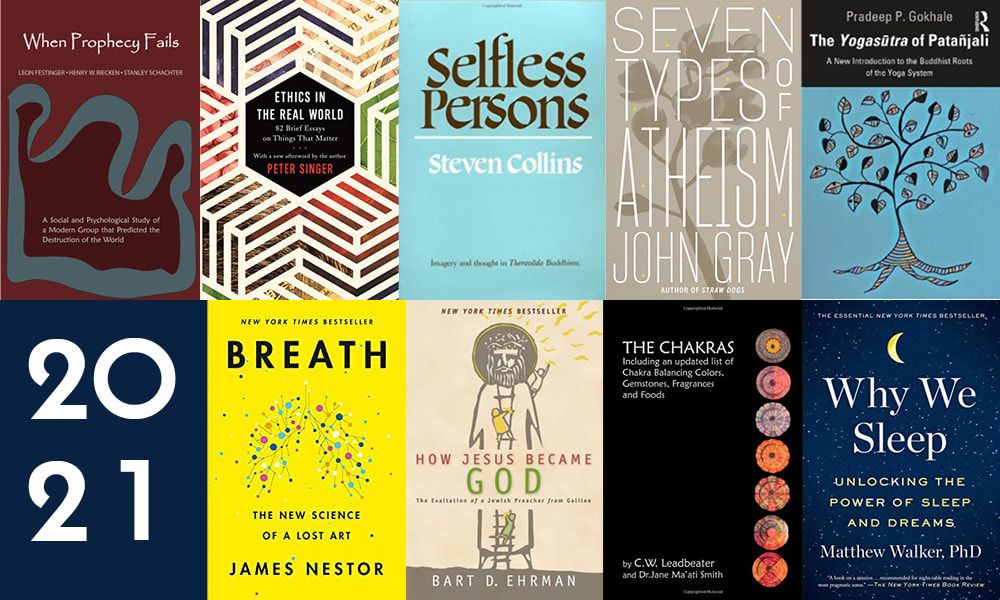
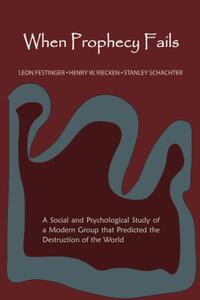
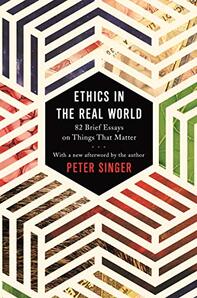
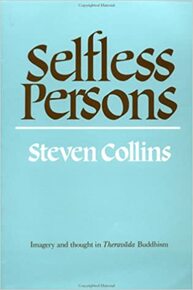
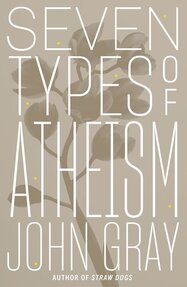
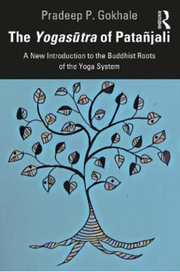
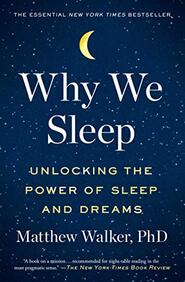
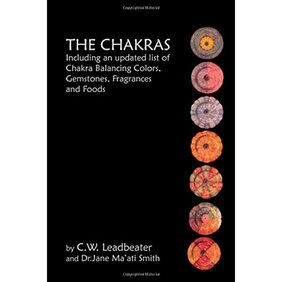
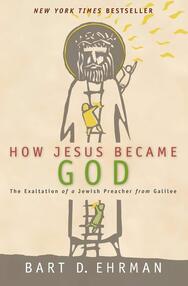
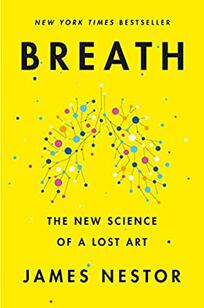
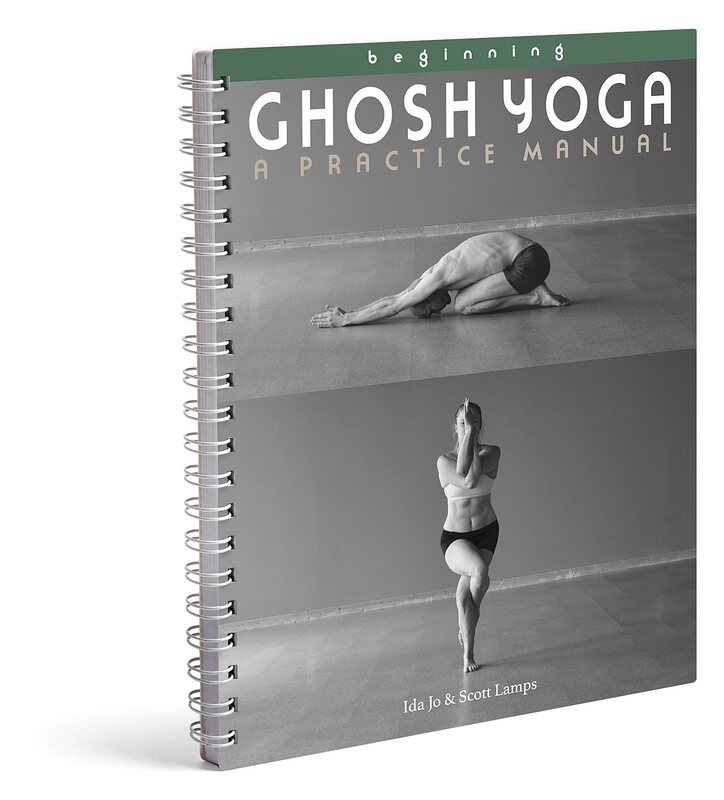
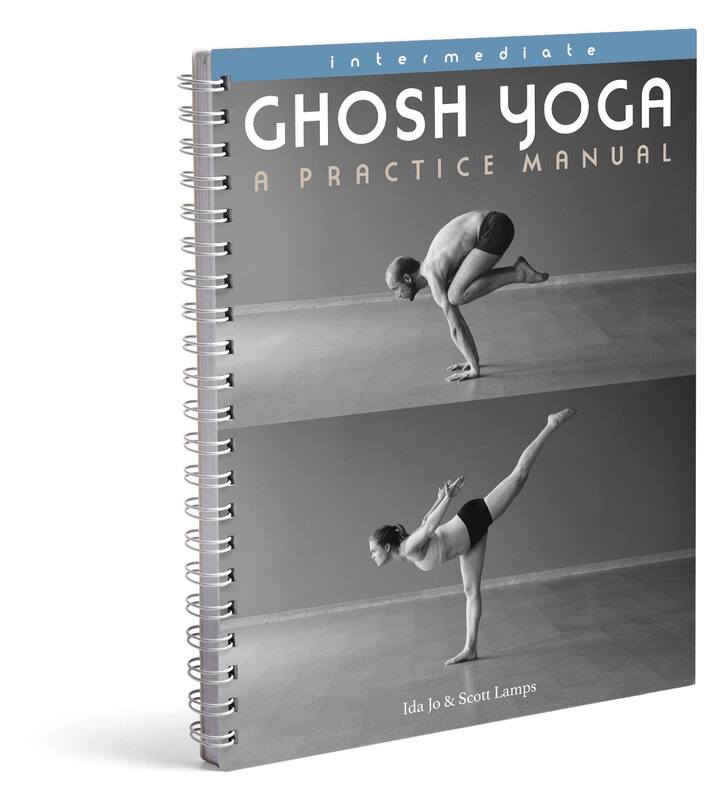
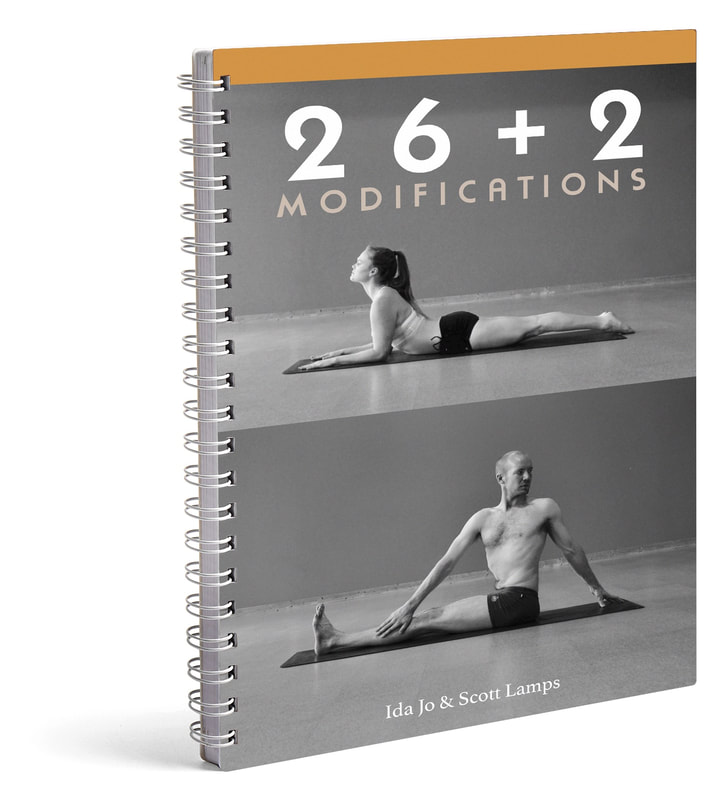
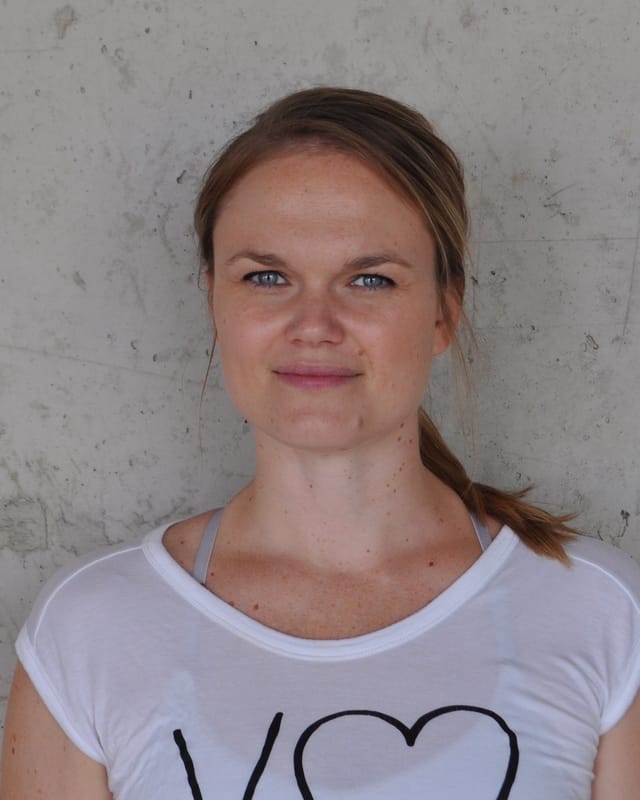
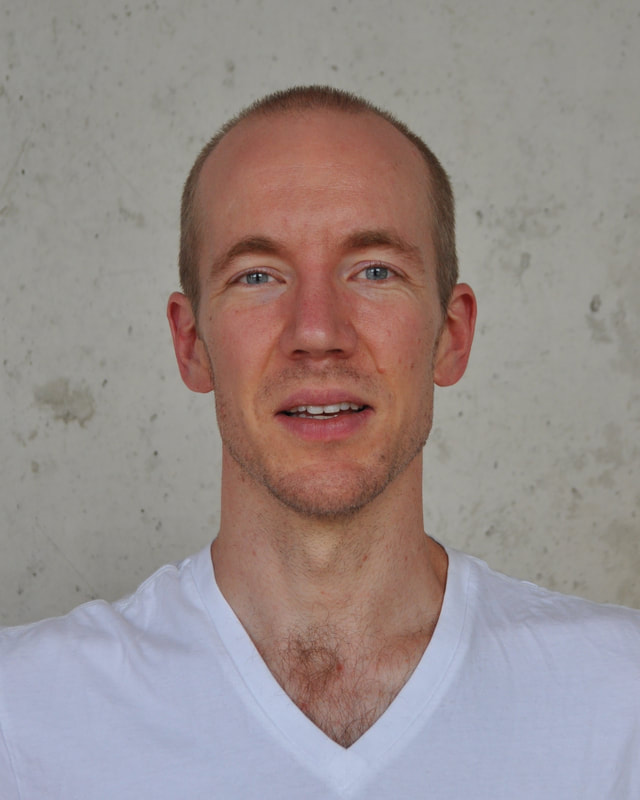
 RSS Feed
RSS Feed